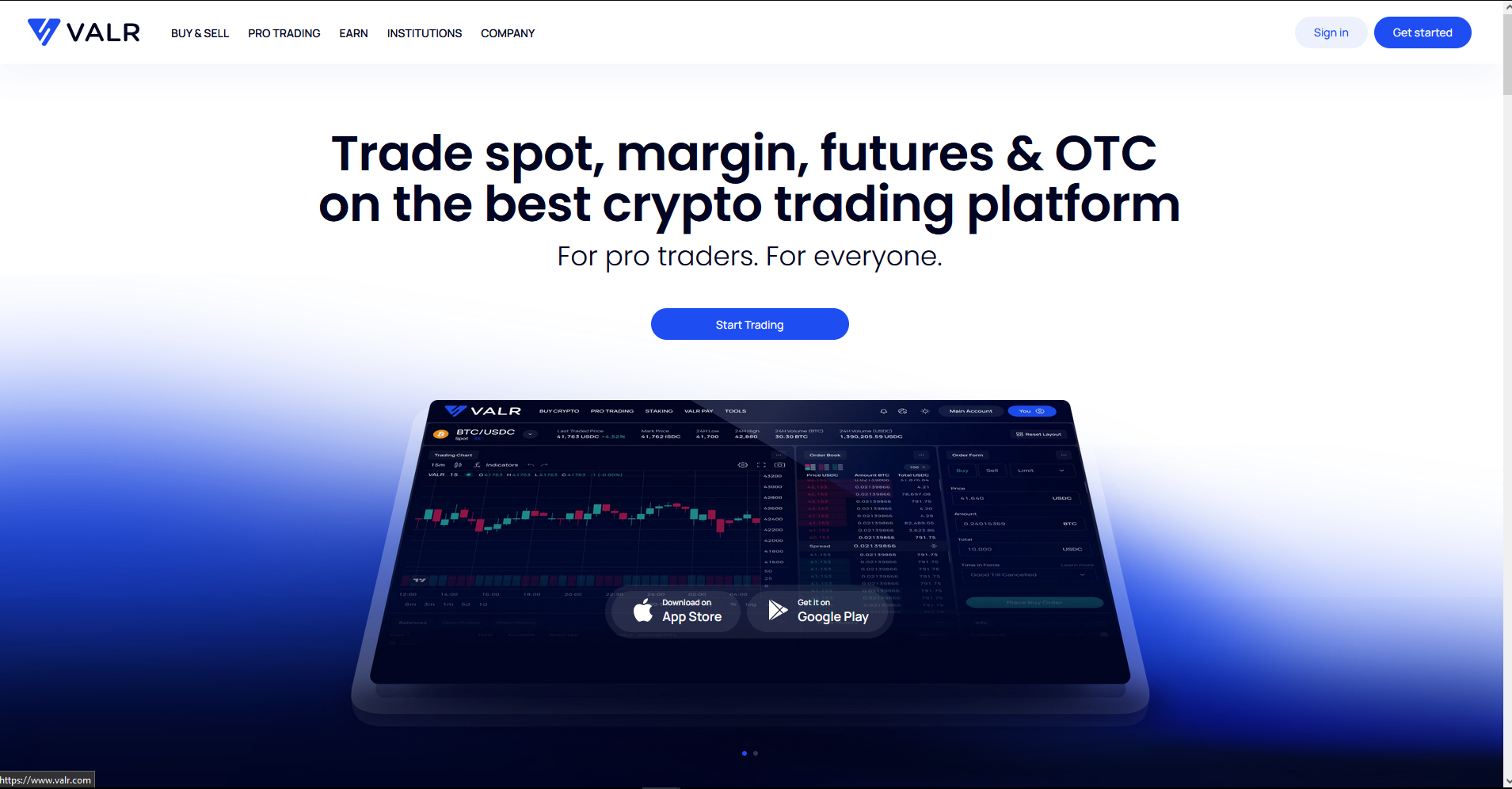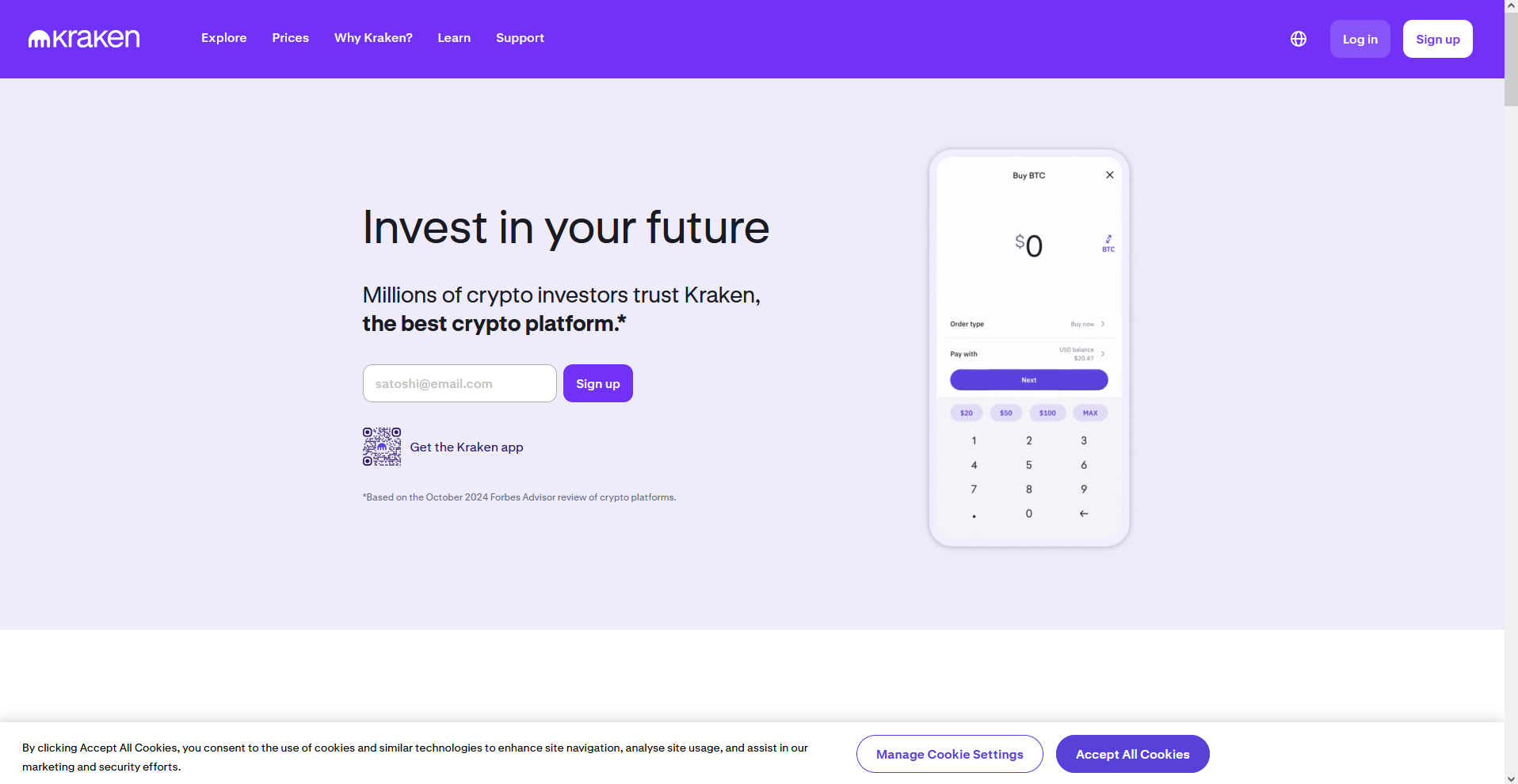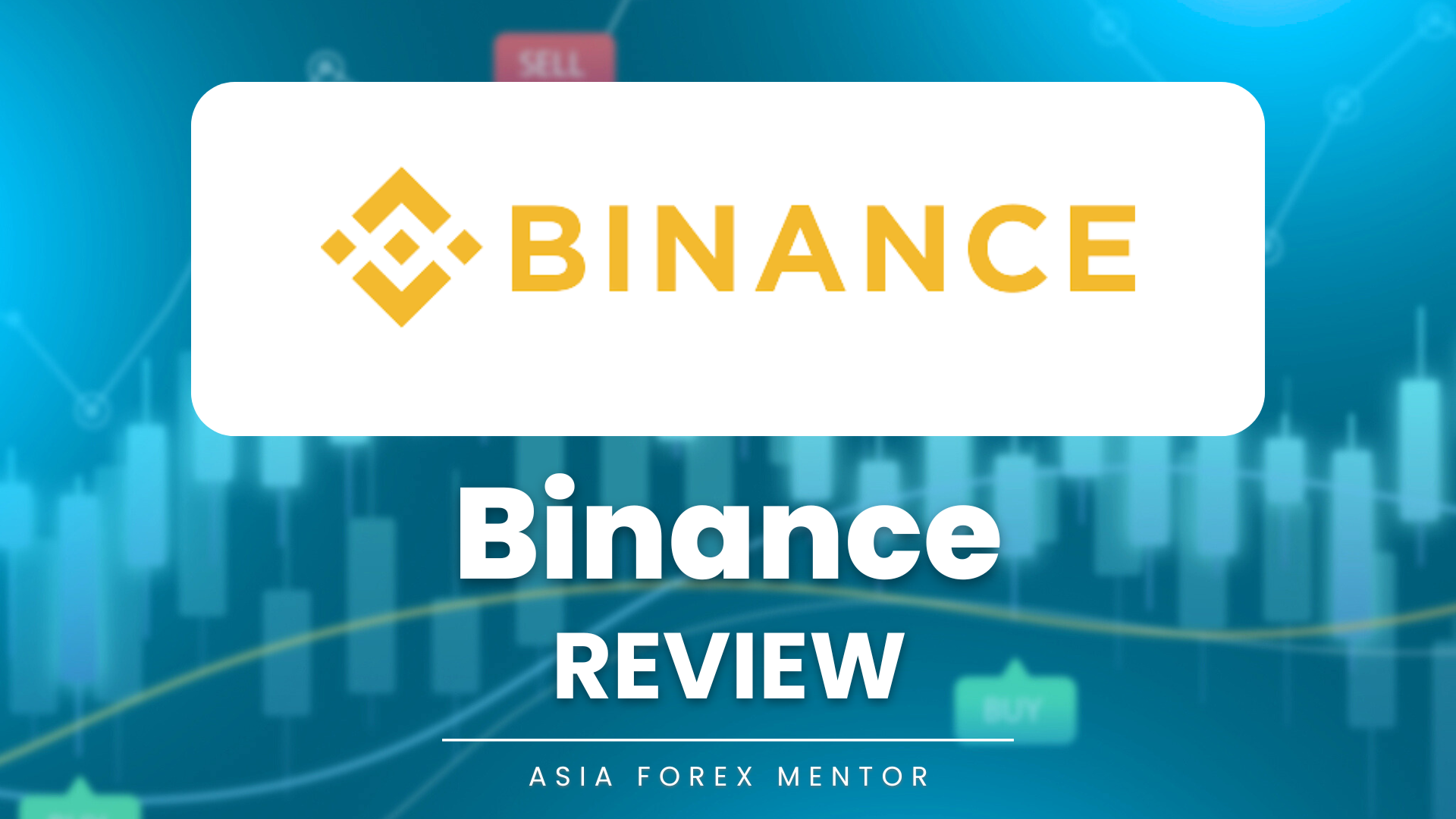Cryptocurrency is booming in South Africa, with more people looking to trade and invest than ever before! But with so many options, how do you pick the right platform? This article dives into the 5 best crypto exchanges in South Africa, spotlighting their standout features, costs, and user-friendliness. Whether you’re a seasoned trader or just starting, this guide will help you find the perfect South African Crypto Exchanges. Ready to dive in? Let’s go!
Why Cryptocurrency Exchanges Are Key for South African Traders
Crypto exchange popularity in South Africa is on the rise as more traders and investors explore digital assets for diversification and potential high returns. The volatile nature of cryptocurrencies attracts those seeking both short-term trading opportunities and long-term investments.
Exchanges play a vital role by providing a crypto trading platform to buy, sell, and trade securely. Reliable exchanges offer user-friendly interfaces, advanced tools, and robust security measures to protect assets. Choosing a trustworthy platform ensures safe transactions and access to a broad range of cryptocurrencies, enabling South African traders to participate confidently in this growing market.
What to Look for in a Cryptocurrency Exchange
When choosing a cryptocurrency exchange, security is paramount. Look for features like encryption, two-factor authentication, and insurance against breaches to protect your funds and data. A transparent fee structure is equally important—ensure you understand competitive trading fees, withdrawal costs, and any hidden charges that may affect profitability.
Payment methods should align with your preferences, such as ZAR deposits, credit cards, or e-wallets, for convenience. Additionally, a user-friendly interface simplifies trading, while responsive customer support ensures quick assistance with any issues, making these factors essential for a seamless experience in the crypto market.
The 5 Best Cryptocurrency Exchanges in South Africa for 2024
As of November 2024, the cryptocurrency landscape in South Africa continues to evolve, with several exchanges standing out for their features and services. Here’s an overview of the top five South African crypto exchange traders:
#1. Binance

What is Binance?
Binance is a global cryptocurrency exchange founded in 2017 by Changpeng Zhao and Yi He. It has grown to become the largest cryptocurrency exchange by daily trading volume, offering a wide range of cryptocurrencies and trading pairs. The platform provides services such as spot trading, futures contracts, and staking, catering to both novice and experienced traders.
Advantages and Disadvantages of Binance
Binance Commissions and Fees
Binance is known for its competitive fee structure, offering a flat trading fee of 0.10% for both makers and takers, which is below the industry average. Users can further reduce fees by 25% when using Binance Coin (BNB) to pay for trading fees. The platform also provides a peer-to-peer (P2P) marketplace with potential for lower fees and supports over 700 payment methods, including in-person cash payments.
#2. Luno

What is Luno?
Luno is a cryptocurrency exchange that enables users to buy, sell, store, and trade digital assets like Bitcoin and Ethereum. Established in 2013, it operates in over 40 countries, focusing on user-friendly access to cryptocurrencies, particularly in developing markets such as Nigeria and Malaysia. Luno emphasizes security and compliance, employing measures like deep freeze storage for assets and adhering to country-specific regulations.
Advantages and Disadvantages of Luno
Luno Commissions and Fees
Luno employs a maker/taker fee structure for its Exchange platform, with fees varying based on the user’s 30-day trading volume. Maker fees can be as low as 0%, while taker fees start at 0.10% and decrease with higher trading volumes. For instant buy/sell transactions, Luno charges a fee of 1.5%, which is lower than its previous 2% charge. It’s important to note that fees and transaction limits may vary depending on the user’s country of residence and the payment method used.
#3. VALR

What is VALR?
VALR is a cryptocurrency exchange platform based in South Africa, offering a wide range of digital assets for trading. It allows users to trade, buy, and sell Bitcoin, Ethereum, and other altcoins with competitive rates. The platform supports fiat-to-crypto transactions, making it accessible for beginners and experienced traders. VALR emphasizes security and transparency with robust measures to protect user funds.
Advantages and Disadvantages of VALR
VALR Commissions and Fees
VALR offers a competitive fee structure with low maker and taker fees, attracting cost-conscious traders. For spot trading, makers benefit from 0.01% rebates, while takers pay 0.10% in fees. Deposit fees for fiat are minimal, while cryptocurrency deposits are typically free. Withdrawal fees vary depending on the currency but remain within market standards, ensuring affordability.
#4. Coinbase

What is Coinbase?
Coinbase is a leading cryptocurrency exchange that allows users to buy, sell, and store various digital assets. Founded in 2012, it has become one of the most user-friendly platforms for both beginners and experienced traders. Coinbase offers a secure environment with features like a built-in wallet and educational resources to help users navigate the crypto market.
Advantages and Disadvantages of Coinbase
Coinbase Commissions and Fees
Coinbase employs a variable fee structure that can be confusing and higher than some competitors. Fees depend on factors like transaction size, payment method, and market conditions, with spread fees typically around 0.5%. For staking services, Coinbase charges a commission on rewards, such as 35% for assets like ADA and SOL, though rates can vary.
#5. Kraken

What is Kraken?
Kraken is a renowned cryptocurrency exchange that allows users to trade various digital assets securely and efficiently. Established in 2011, it offers advanced trading tools, staking options, and a wide selection of cryptocurrencies. Kraken is recognized for its robust security measures, regulatory compliance, and transparent fee structure, making it a trusted platform for both beginners and experienced traders.
Advantages and Disadvantages of Kraken
Kraken Commissions and Fees
Kraken uses a maker-taker fee model, with fees starting at 0.16% for makers and 0.26% for takers, reducing with higher trading volumes. It charges a flat fee for withdrawals, which varies based on the cryptocurrency. Kraken offers free deposits for most crypto assets, but fiat deposits may incur minimal charges depending on the payment method. Its transparent structure ensures traders understand the costs involved.
In terms of crypto trading, before selecting, you need consider factors such as security, deposit fees, available cryptocurrencies, and user experience to ensure the best crypto trading platform aligns with your trading needs.
Traders should know the different kinds of trading like decentralized exchanges, centralized exchanges, derivative trading, futures trading, and other terms that might ruin the trading experience. South African investors should accumulate the trading volume before entering.
How to Open an Account on a Cryptocurrency Exchange
Steps to Open an Account on a Cryptocurrency Exchange
#1. Visit the Exchange Website or App
Go to the official site or app of your chosen cryptocurrency exchange.
#2. Sign Up
Click the “Sign Up” or “Register” button and fill in your email address and a strong password.
#3. Verify Email
Check your email for a verification link and click it to activate your account.
#4. Complete KYC Verification
Upload a government-issued ID and proof of address, ensuring all details match your registration information.
#5. Set Up Payment Methods
Link your bank account, card, or e-wallet for deposits and withdrawals.
Tips for Securing Your Account After Registration
Enable Two-Factor Authentication (2FA): Use an authenticator app like Google Authenticator or Authy for an added layer of security.
Use a Strong, Unique Password: Avoid reusing passwords and consider a password manager to generate and store complex passwords.
Monitor Account Activity: Regularly review login activity and transaction history for any suspicious behavior.
Avoid Public Wi-Fi: When accessing your account, use secure and private networks to reduce the risk of hacking.
Withdraw Funds to a Secure Wallet: Store cryptocurrencies in a personal wallet with robust security features rather than leaving them on the exchange.
Tips for Safe Cryptocurrency Trading in South Africa
Engaging in trading crypto assets in South Africa requires careful attention to security, awareness of potential scams, and compliance with tax regulations.
#1. Use Secure Wallets for Storing Cryptocurrencies
Selecting a reliable wallet is crucial for safeguarding your digital assets. Hardware wallets, such as Ledger and Trezor, are highly recommended due to their offline storage capabilities, which protect against online threats. In South Africa, authorized resellers like CryptoVault offer genuine Ledger and Trezor hardware wallets, ensuring authenticity and security.
#2. Avoid Scams and Ensure Safe Transactions
The rise of cryptocurrency scams in South Africa necessitates vigilance. To protect yourself:
- Verify Platforms: Use reputable exchanges and services with positive reviews and proper regulation.
- Be Skeptical of Unrealistic Returns: Avoid schemes promising high returns with little risk, as they are often fraudulent.
- Educate Yourself: Stay informed about common scams and red flags. For instance, the Mirror Trading International scam in South Africa highlighted the need for due diligence. As much as possible, beginners should stay educated about decentralized exchanges.
#3. Understand Taxation on Cryptocurrency Earnings in South Africa
The South African Revenue Service (SARS) treats cryptocurrency as an intangible asset. Earnings from trading are subject to income tax or capital gains tax, depending on the nature of the transactions. It’s essential to maintain accurate records of all transactions and consult with a tax professional to ensure compliance.
By implementing these practices, you can enhance the security of your cryptocurrency trading activities in South Africa.
Also Read: The 5 Best Binary Options Brokers in South Africa
Conclusion:
Finding the right cryptocurrency exchange in the crypto world is essential for safe and profitable trading in South Africa whether you are new or advanced traders. From Binance’s advanced features to Luno’s local convenience, there’s a best crypto trading platform for every trader. Ready to start your crypto journey? Research, choose wisely, and begin trading today!
FAQS
What are the top cryptocurrency exchanges in South Africa for 2024?
The top exchanges include Binance, Luno, Kraken, Coinbase, and Paxful, known for their reliability and features.
Which exchange is best for beginners?
Luno is ideal for beginners due to its user-friendly interface and educational resources.
Which exchange offers the lowest fees?
Binance typically provides the lowest trading fees, especially for high-volume traders.











